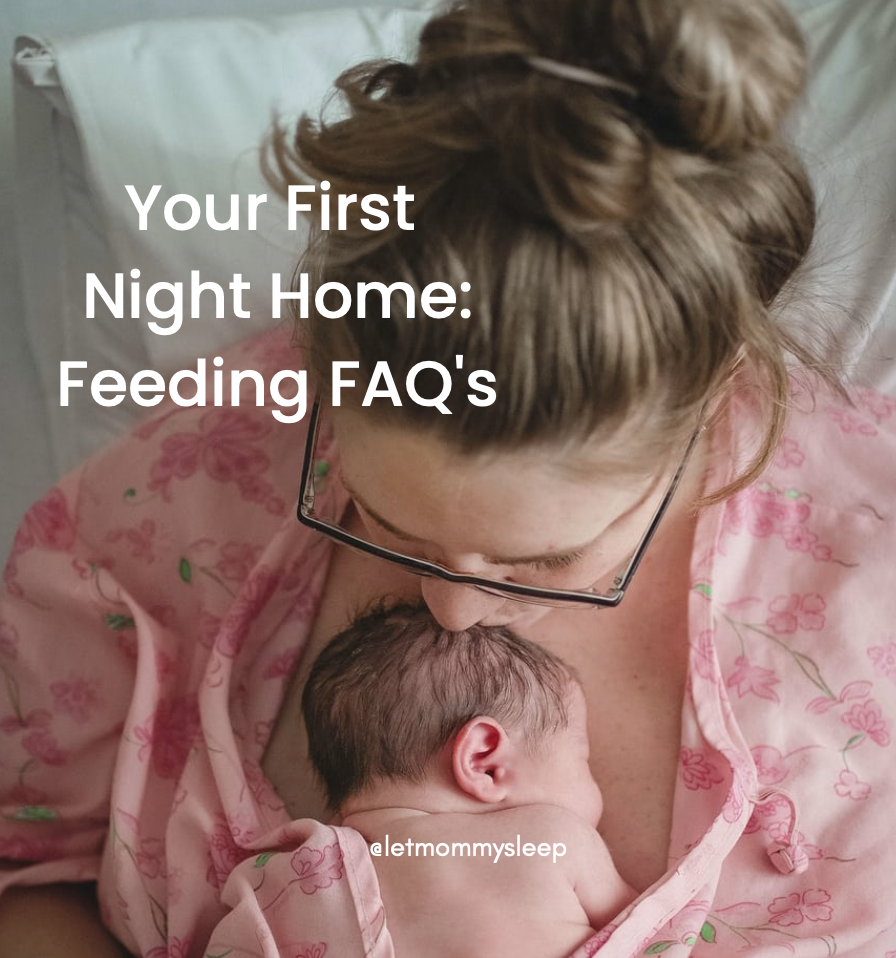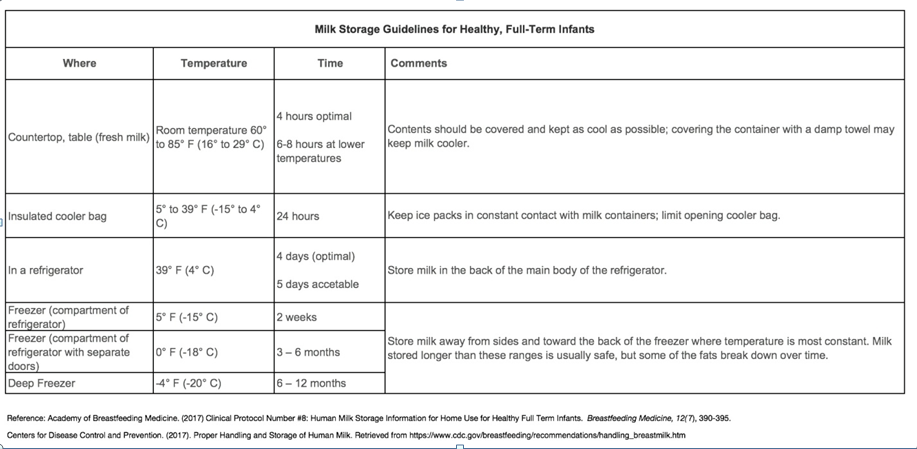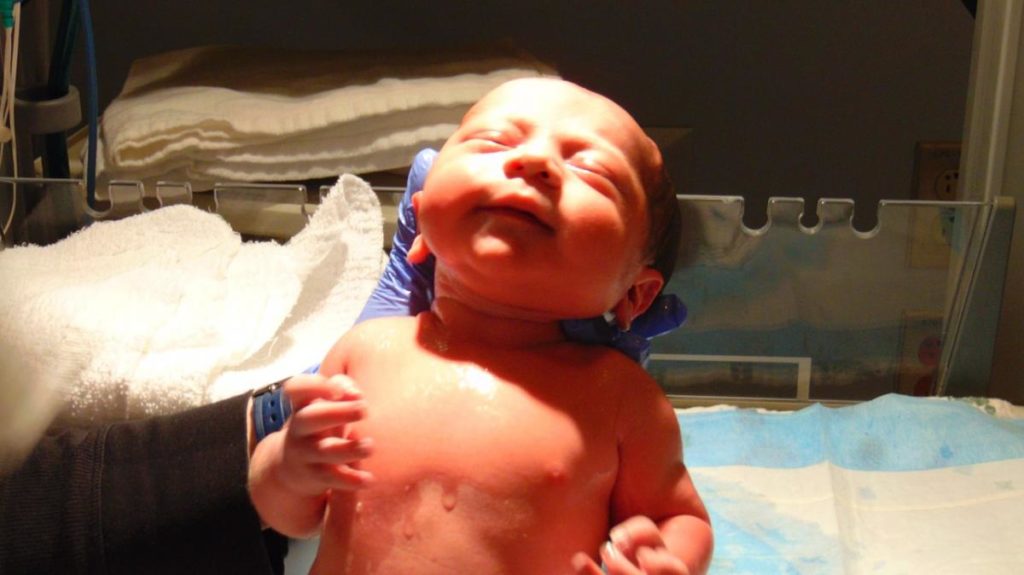Your First Night Home with Baby: Questions About Feeding
updated October 8, 2023 – As part of our “Your First Night Home” series, we answer some of the most common questions our night nanny and postpartum doula team get from new parents about newborn feeding. Your First Night Home Baby Questions About Feeding answers parents frequently asked questions about how much, how often and how to feed their newborns.
Your First Night Home with Baby: Questions About Feeding
How often should my newborn breastfeed or bottle feed?
Newborns and infants need to eat every 2 to 3 hours. But there’s no need to get a newborn baby on a schedule; by following your baby’s lead of on-demand feeding your baby’s routine will naturally emerge. For breastfed newborns, this could mean putting baby to breast ten to twelve times per day. sometimes even more. The more you nurse in the first two weeks, the more plentiful milk supply will become. This will eventually reduce the frequency of newborn feeding.
My milk hasn’t come in, what do I do?
Milk will “come in” usually on day 4 postpartum, typically in the evening hours. Until then, skin to skin contact and bringing baby to breast even if it seems like they’re not getting anything is the best way to promote milk production. On demand, small feeding sessions, or every 2 hours, is the norm. There are many ways to promote milk production if needed. Remember that your baby’s stomach is still tiny...don’t let even the smallest hospital bottle of formula fool you!

Is my baby eating enough?
As long as your infant has a wet or soiled diaper after each feed, your baby is eating enough. During the first few days, your newborn will likely have about 3-4 wet diapers. After that, around 8-10 wet or soiled diapers a day, but 12-15 is normal too, especially for a breastfed baby. If your newborn or infant does not regularly produce wet or dirty diapers and shows signs of dehydration, such as a dark yellow colored urine, please call a doctor.
Are you sure my baby is eating enough?
A newborn belly is the size of a pea! As they grow the stomach becomes the size of a marble and then a ping pong ball the first 7-10 days after birth. Small, frequent feeds are the norm during this phase. For a bottle fed baby, try giving approximately 25-45 mLs per feeding. Upon finishing, if your baby cries or smacks her lips, she may want more. If she spits out the bottle, turns her head, or closes her mouth tightly, she’s most likely full.
For bottlefed babies, a challenge can be that baby has eaten too much, rather than not enough because even with the slowest flow bottle, it is tough for baby to regulate what they’re receiving. Be sure to give newborns and infants plenty of breaks and time burping when giving milk or formula from a bottle.
Your First Night Home with Baby: Questions About Feeding
Should I wake baby to feed?
Most healthy newborns do not need to be woken up to feed but your pediatrician will let you know. Cases where baby is usually woken up to feed:
- newborns born with jaundice: continual hydration and excretion through urine or stool helps bring down the bilirubin levels that cause jaundice.
- baby is underweight or premature. In this case they may also need to eat more often.
- twins as they are often born early and/or at a lower birth weight than their singleton counterparts
How do I wake baby to feed?
To wake baby, first loosen swaddle and clothes. If this does not work then undress baby down to a onesie. Changing babies diaper can also help waken them to feed. As our postpartum doula and night nurse team point out, turning on the light does not work. In fact, it often encourages a newborn baby to close his or her eyes!
What should we know about bringing our baby home from the NICU?
Before leaving the NICU, make sure you fully understand the baby feeding plan. This may include details about breastfeeding, bottle-feeding, or a combination of both. Talk to the NICU staff and ask any questions you may have regarding feeding techniques, schedules, or any specific instructions.
The NICU staff may have established a feeding schedule for your baby based on their needs and development. It’s important to follow this schedule as closely as possible to ensure your baby gets the necessary nutrition.
What is Pace Feeding?
If you’re bottle-feeding your baby, consider using a technique called “pace feeding.” This involves holding the baby in an upright position, using a slow-flow nipple, and allowing the baby to control the flow of milk. It helps prevent overfeeding and supports the development of healthy eating habits.
Pace feeding also aids in digestion. By allowing the baby to take breaks and control the flow of milk, it reduces the likelihood of the baby gulping air, which can lead to gas and discomfort. It also gives the digestive system time to process the milk properly.
Your First Night Home with Baby: Questions About Feeding – How can I safely handle milk or formula?
How long can breast milk sit out? How do I store breastmilk?
A covered container of human breast milk can sit out at room temperature for six to eight hours. It is best to store breast-milk in the fridge, and to not re-heat once it has been warmed. Preferably, human milk should be refrigerated or chilled right after it is expressed adn Las Leche League offers these guidelines for breastmilk storage.

How long can formula sit out?
After formula has been prepared, it can sit at room temperature for an hour. Once baby has fed from a bottle do not save, but discard after use. Remember, when in doubt throw it out.
How do I warm a bottle?
- If you are warming a bottle that has breast milk use a bottle warmer, or boil water, then pour water in a bowl or cup and place bottle in hot water.
- If you are warming a formula bottle, use a bottle warmer or fill a small pot with warm water and place the bottle in that water. This is wonderful at night because to keeps water at the correct temperature making it super easy to make the perfect bottle.
Can I microwave the bottle?
No. Microwaving does not evenly warm a bottle leaving hotspots in the milk that can burn baby.
When should I burp baby?
Newborns have an immature digestive system and need help when eating. Part of this is helping baby burp and working out any air/gas bubbles that snuck in while feeding. Make sure to burp throughout feedings and afterwards. Try to hold baby upright and pat on their back. It also helps to hold over shoulder and pat on their back, always supporting their head and neck.
Can I put baby to bed after feeding?
Newborns sleep a lot and will probably fall asleep after or during their feeding. Try to keep the newborn baby upright for at least 10-15 minutes after their feeding to help eliminate any spit up or reflux. Then, you may lay them flat on their backs in their crib or bassinet.
How should I put my Baby to Sleep After Feeding?
Establish a safe sleep environment by remembering the ABC’s of Safe Sleep: your newborn should be Alone on their Back and in a Crib with a firm, flat mattress with a fitted sheet. Keep soft bedding, pillows, stuffed animals, and other items out of the crib to reduce the risk of suffocation or Sudden Infant Death Syndrome (SIDS).
For information about newborn sleep, see our Your First Home with Baby: Questions About Newborn Sleep blog. You can also book a Baby Basics class where an RN comes to your home to help get ready for baby.

Categories
- Baby Care Classes
- Baby Care How-To's
- Baby Sleep
- Family Activities with Baby
- Feeding
- Franchise & Company Info
- Hiring Help
- Our Favorites
- Postpartum Health
- Safety & First Aide
- Twins & Multiples
- zArchives
